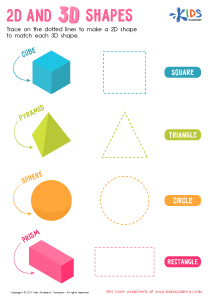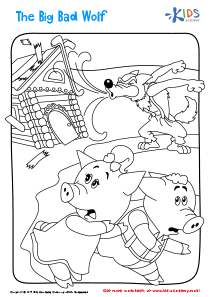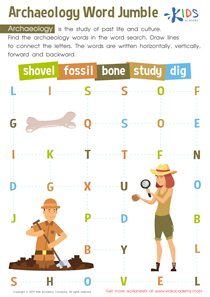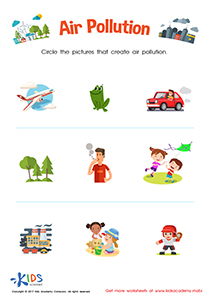Extra Challenge Sorting worksheets activities for 4-Year-Olds
2 filtered results
-
From - To
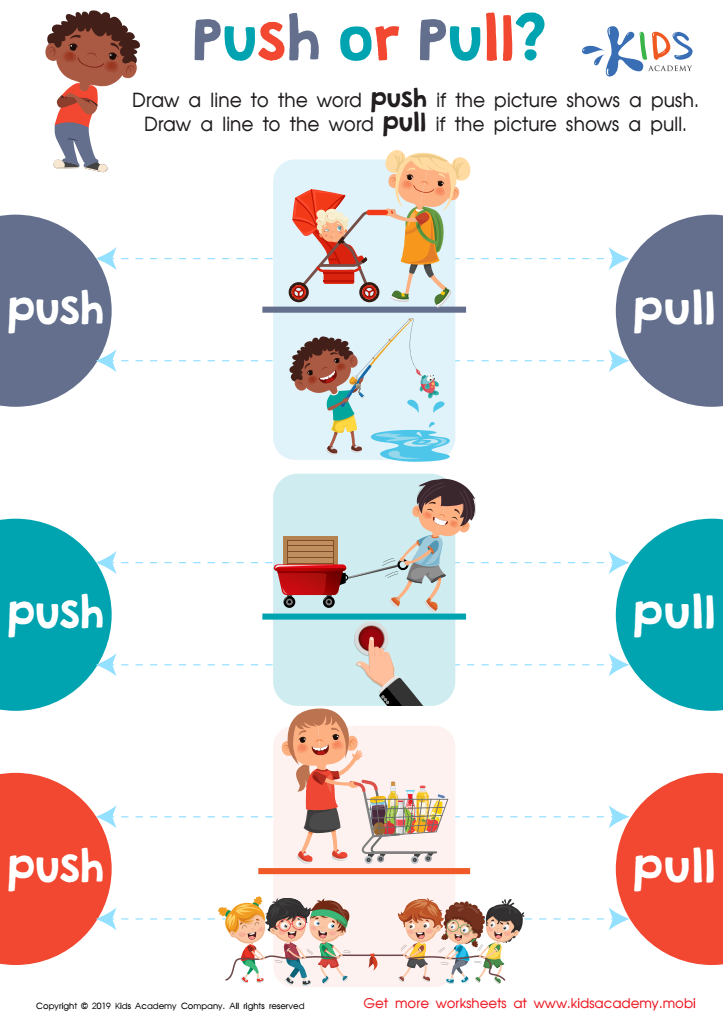

Push or Pull? Worksheet
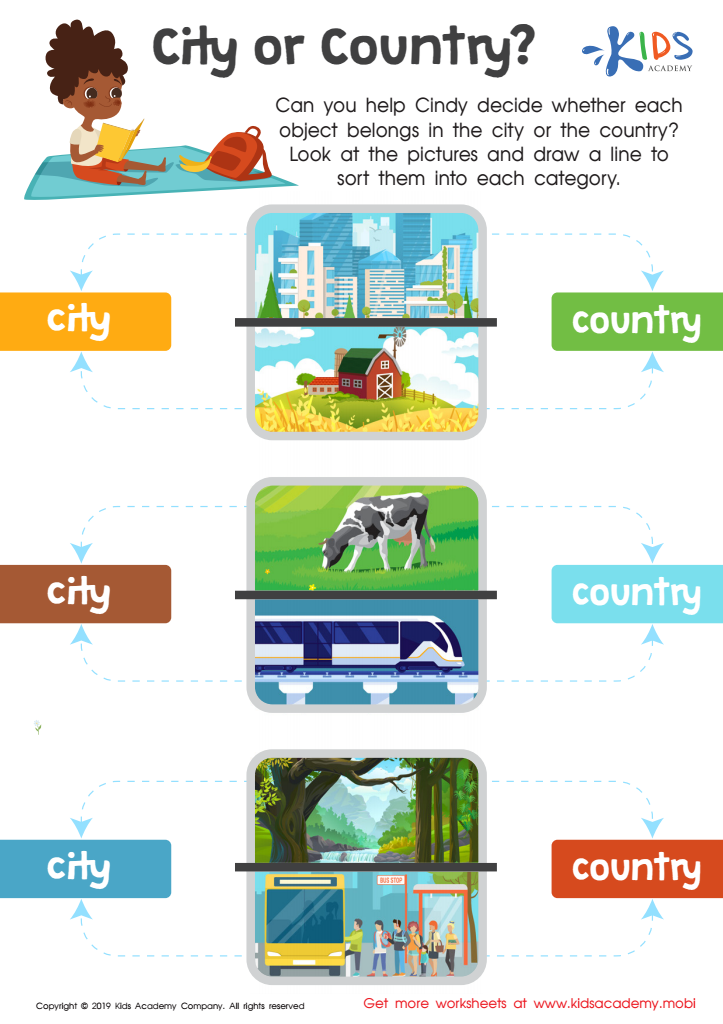

City or Country? Worksheet
Extra Challenge Sorting worksheets activities are an invaluable educational tool designed to elevate students' learning journey, particularly in developing critical thinking and analytical skills. These activities, carefully designed to go beyond the standard curriculum, push students to engage deeply with the material, fostering an environment where advanced problem-solving and cognitive abilities can flourish.
Sorting, as a fundamental concept, might seem simple at first glance, but it holds profound importance in various fields such as mathematics, science, and even in our daily lives. By integrating the Extra Challenge Sorting worksheets activities into the educational process, educators are empowering students to explore complex patterns, relationships, and systems in a structured yet challenging environment. This not only enhances their understanding of the subject matter but also prepares them for real-world scenarios where sorting and organizing information efficiently is crucial.
One of the key benefits of Extra Challenge Sorting worksheets activities is their ability to adapt to diverse learning styles. Whether a student is a visual, auditory, or kinesthetic learner, these activities offer varied approaches to understanding sorting concepts, making learning accessible and engaging for everyone. This inclusivity encourages all students to participate actively, fostering a positive and collaborative learning environment.
Furthermore, these worksheets are crafted to progressively increase in difficulty, ensuring that students are constantly being pushed to the edge of their comfort zone. This progressive challenge is vital for cognitive growth, as it encourages learners to apply previous knowledge in new and unfamiliar contexts, thereby deepening their comprehension and retention of the material.
In conclusion, Extra Challenge Sorting worksheets activities are not just an add-on to the standard curriculum; they are a crucial component of a comprehensive education strategy aimed at developing well-rounded, critical thinkers. By challenging students to go beyond the basics, these activities lay the groundwork for academic success and lifelong learning.
 Assign to the classroom
Assign to the classroom






